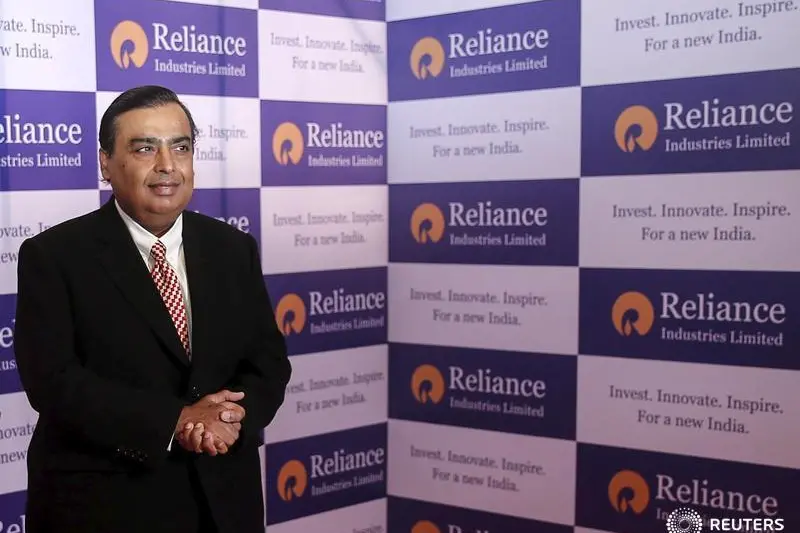PHOTO
(The author is a Reuters Breakingviews columnist. The opinions expressed are her own.)
By Una Galani
MUMBAI, May 30 (Reuters Breakingviews) - India's Ambani brothers are never far from drama. An upstart telecom operator led by elder brother Mukesh, the country's richest man, has upended the industry. Younger brother Anil's Reliance Communications is suffering especially. The pain has some way to run.
RCom shares have roughly halved since April 5, meaning the telecom operator and owner of undersea cables now has a market capitalisation of barely $1 billion. Meanwhile, Mukesh's Reliance Industries has become one of India's biggest companies, using oil money to bankroll a $30 billion rollout of Jio, the trouble-making telco.
Jio’s aggressive entrance, offering services free for months, has slashed industry profits. Rcom on Saturday reported its first full-year loss, customers are leaving, and its so-called debt service coverage ratio is now below one times after factoring in principal repayments.
Investors are nervous. RCom’s shares crashed on Monday and its 2020 bonds are trading at barely 72 cents on the dollar. Restoring financial health depends on two moves: deconsolidating the wireless telecoms business in a 50-50 joint venture with rival Aircel and then selling 51 percent of its towers unit to Canada's Brookfield. Like Vodafone's local merger with Idea Cellular, RCom’s reshaping is a matter of survival.
These deals will reduce net debt by more than half to about $3 billion but will not close until a dispute relating to Aircel's ultimate backer, Malaysian tycoon Ananda Krishnan, is resolved. Lenders must consent too. RCom also plans to sell properties, but it is unclear if the group’s remaining subsea cable and enterprise business can comfortably service the leftover debt.
There are still a few more levers to pull. A much hoped-for rescue by Mukesh, through a merger with Jio which is already piggybacking on part of RCom's network, may be years off, and would probably only be done on punitive terms. But RCom could sell the rest of its towers business - it has tried before to offload the entire unit.
New Delhi has been part of the problem, running spectrum auctions that put profit ahead of sector sustainability and letting Jio sidestep rules on predatory pricing. The government could now help clean up the mess by giving operators longer than eight years to pay for spectrum, or allowing banks to roll over loans. For now, only one Ambani is winning.
CONTEXT NEWS
- Anil Ambani’s Reliance Communications on May 27 reported a net loss of 12.8 billion rupees ($199 million) in the year to March, compared to a profit of 6.6 billion rupees a year earlier. The Indian telecoms operator reported an EBITDA margin of 27 percent, a contraction of 720 basis points, while finance costs rose 21 percent.
- RCom has reclassified some loans as non-current as it waits for confirmation from lenders regarding “the waiver of certain loan covenants”.
- Shares in RCom, which is 59 percent owned by Ambani and related entities, have roughly halved since April 5, reducing its market capitalisation to just under $1 billion.
- In a filing on May 24, RCom said it would continue to pay interest on time on its $300 million of bonds due in 2020.
- Local credit-rating agency ICRA on May 5 cut RCom's rating to BB from BBB, with a negative outlook. ICRA, which is majority owned by Moody's Investors Service, cited a weak outlook for revenue generation and sizeable upcoming debt-repayment commitments.
- SIGN UP FOR BREAKINGVIEWS EMAIL ALERTS: http://bit.ly/BVsubscribe
(Editing by Quentin Webb and Kathy Gao)
© Reuters News 2017





















